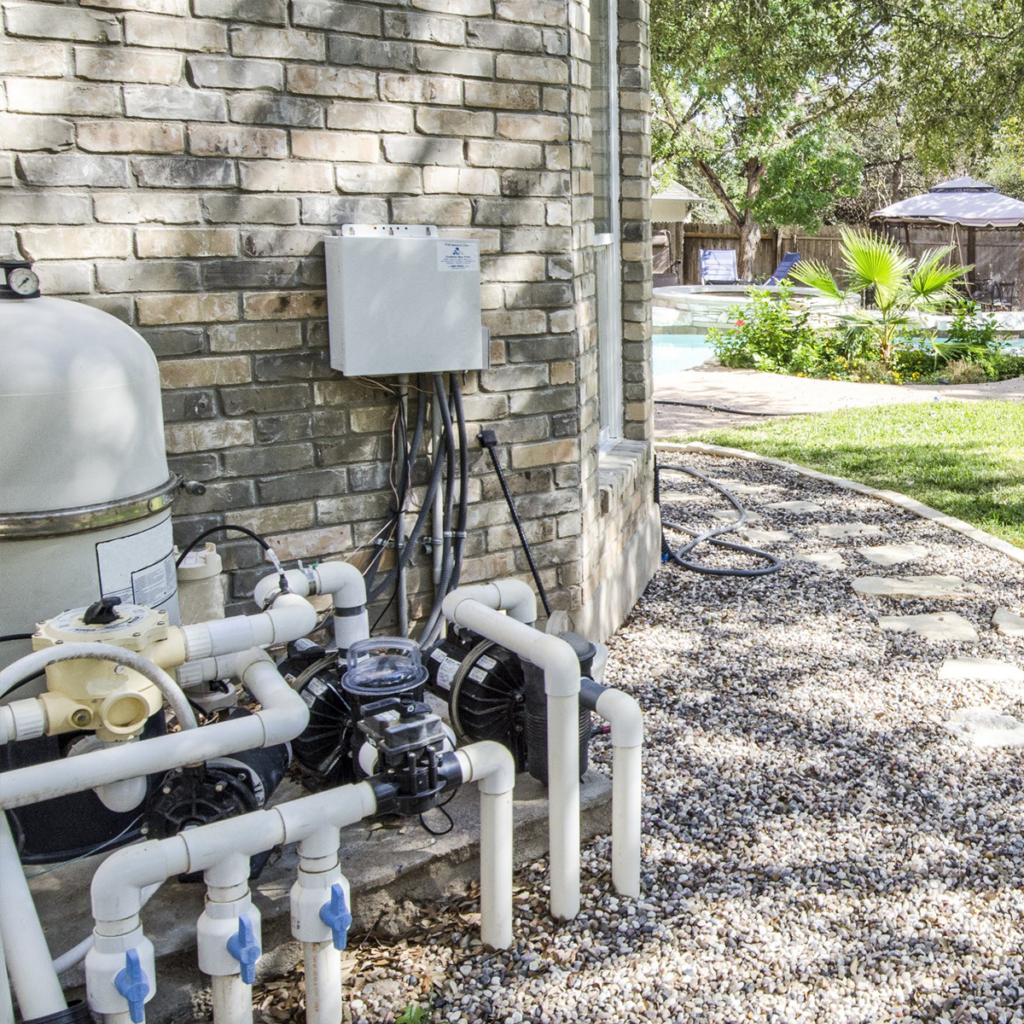Pool Heater Repairs, Maintenance & Replacement
Pool heaters allow you to make the most out of your swimming pool year-round. However, just like any other piece of equipment in your home, pool heaters eventually need maintenance, repair and replacement. To keep your pool comfortable and inviting, you need a team of dedicated professionals that’s ready to jump into action to help you get back on track.
When any of these pool heater services happen, Complete Comfort Air Conditioning & Heating is your leading resource for all your pool heating system needs in Jupiter, Palm Beach Gardens, and the surrounding areas. Our licensed, insured technicians have the expertise to handle all makes and models of pool heaters, especially electric heat pumps. Give us a call today to troubleshoot and service your pool heater!
Pool Heater Services From Your Local HVAC Experts
At first glance, you may wonder why HVAC specialists work on pool heaters. In fact, pool heaters operate very similarly to your heating and cooling system! Although the operation varies slightly depending on what fuel source you’re using, pool heaters basically complete similar condensing and warming processes to heat tubes or coils inside the units.
When your pool water is sucked up into the heater, the heat from the refrigerant or combustion is transferred to your water. The warm water is returned to the pool where it circulates.

Pool Heater Installation
Is investing in a pool heater really worth it? The answer is different for every pool owner, but the primary benefit of a heated pool is extended pool time throughout the year. It may stay pretty mild here in Jupiter in the off-season, but that doesn’t mean your pool water will stay at a comfortable temperature!
With a professional pool heater installation, you can double the number of months that your pool is open for business. Plus, with a team like Complete Comfort on the job, you’ll know that your pool heater was installed correctly and is ready to perform when you need it to.
Our Complete Comfort technicians are ready to help with any of your pool heater repair needs. Call us today and schedule your service.
Signs Of Pool Heater Problems
Most of the time, pool heater problems are hard to detect, especially when you don’t use your swimming pool daily. But there are several symptoms that can help tell you it’s time to call for a professional repair. The signs of a malfunctioning pool heater in Jupiter include:
- Low water flow
- Inconsistent or low temperatures
- Strange sounds coming from the heater
- Thermostat issues
- No power
As you know, electricity and water don’t mix well and can cause safety hazards. Even if you think you know what’s causing your pool heater to malfunction, please refrain from attempting a DIY repair job.
At Complete Comfort Air Conditioning & Heating, our technicians are all trained to perform safe, reliable swimming pool heater repairs. We also have the right tools and the necessary replacement parts to complete the repairs in one visit. Let us do what we do best, and you can forget about the stress!
Call For Efficient Pool Heater Repair
Imagine looking forward to a relaxing workout in the pool or inviting your friends over for a pool party only to discover your pool heater is not working. Fortunately, Complete Comfort Air Conditioning & Heating is the premier option for pool heater repair in Jupiter, Palm Beach Gardens, and the surrounding areas. We respond fast and provide free estimates prior to any service. Our repairs also come with a 100% satisfaction guarantee, so if you are not happy with our work, we will do everything we can to make it right.
It’s time to have a reliable, trustworthy team on your side for all your pool heater needs. Count on Complete Comfort and schedule service today!
